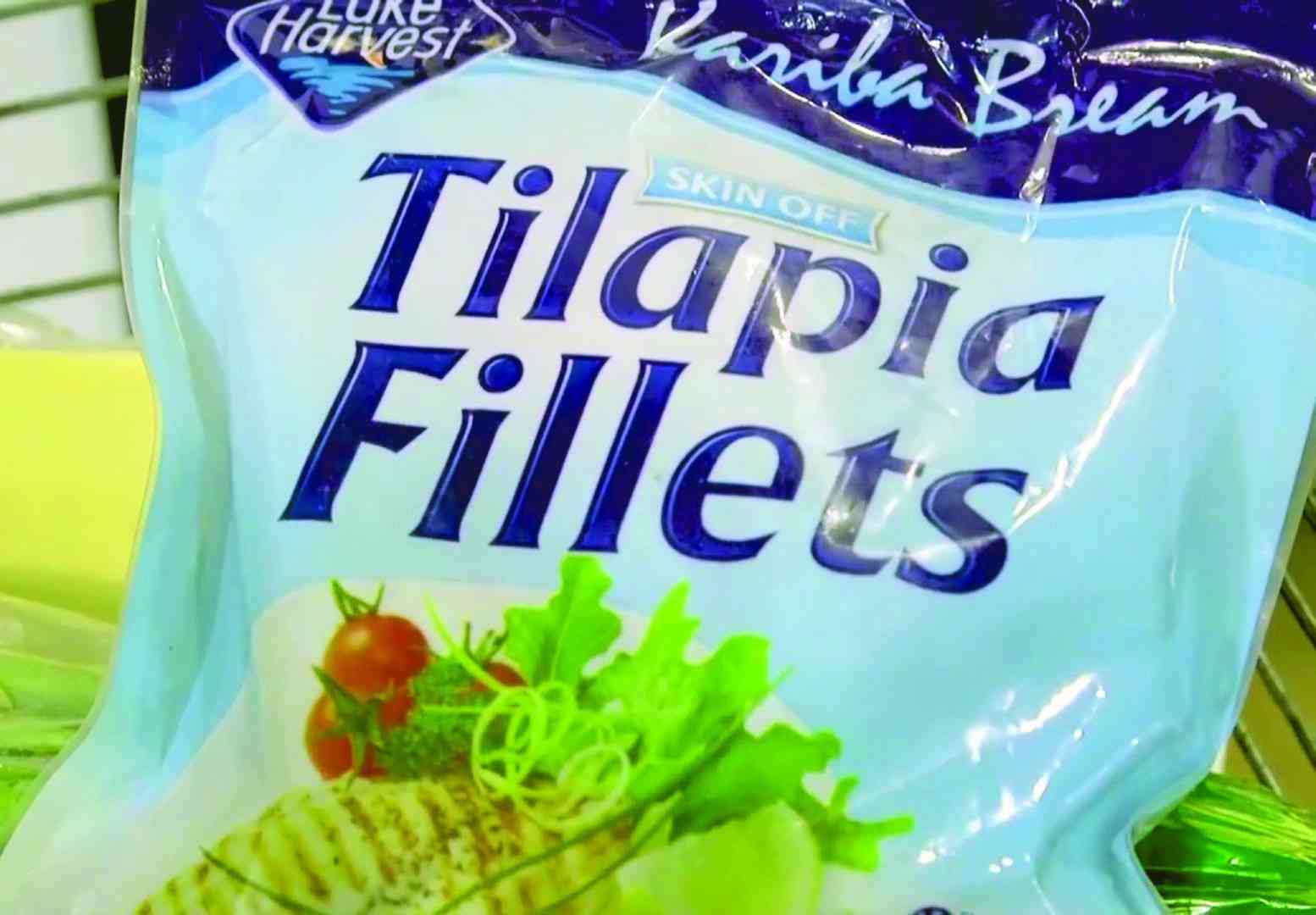
THREE of Zimbabwe’s largest supermarkets were allegedly among the major debtors, who also contributed to the financial difficulties that pushed tilapia bream producer Lake Harvest into a liquidity crunch leading to a merger in July, according to exclusive documents obtained by businessdigest.
The Kariba-based Lake Harvest signed a merger with Mozambique’s Chicoa Fish Farms on July 26, as shareholders sought to leverage the strengths of both entities to navigate market challenges.
A term sheet detailing the transaction, obtained by businessdigest, reveals the significant hurdles Lake Harvest has faced, including mounting debts, unpaid credit sales and declining production volumes.
“(In) June 2022 — feed creditors surged to US$1,2 million, frozen stock topped US$1,43 million, while debtor balances dropped to US$400,” reads a document titled What Went Wrong and What Needs to be Done? It was sent to senior staff by Gerry McCollum, chief executive officer of the new business to be branded to Mvuvi Holdings.
“(In) September 2022 — debtors shot up to US$1,2 million, driven mainly by credit sales which trended synchronically. Stocks dropped to 24t (tonnes) from the 379t in August.
“This marked the beginning of a significant cash flow crunch since much of the debt was tied down in a few customers that included ZNA, OK, PnP and Spar.”
The document did not state how much the supermarkets owed.
OK Zimbabwe, listed on the Zimbabwe Stock Exchange, along with TM Pick n Pay, are among the country’s largest supermarket chains, with branches nationwide. Spar also commands a significant market share.
- Inaugural Zim investor indaba highlights
- Stop clinging to decaying state firms
- ZB explores options to tackle inflation
- Zim operations drive FMB Capital
Keep Reading
However, when approached for comment, OK Zimbabwe’s CEO, Maxen Karombo, declined to be interviewed, advising businessdigest to refer to Lake Harvest’s term sheet.
TM Pick n Pay did not respond to businessdigest’s questions, while efforts to interview Spar officials were fruitless.
These challenges culminated in the firm’s inability to generate sustainable positive earnings before interest, taxes, depreciation and amortisation (EBITDA) due to difficulties in purchasing essential feedstock.
The document highlights that technical debt further exacerbated the crisis, leading to high repair and maintenance costs.
Additionally, Lake Harvest struggled with unsustainable biomass levels, which undermined the company’s ability to maintain a consistent market presence amid tightening competition from rivals like Zamfresh.
Chicoa Fish Farms, based on Lake Cahora Bassa in Mozambique, says its aim is to address protein deficits in Sub-Saharan Africa through its tilapia farming initiatives.
Lake Harvest, a part of the Mauritius-domiciled Lake Harvest Group, operates across nine African countries.
The company began its operations on Lake Kariba in 1997 and quickly grew into one of the region’s most prominent fish farming enterprises.
However, the documents obtained by businessdigest reveal that the company has faced significant challenges in recent years.
Annual output has fallen sharply, from 8 700 tonnes in 2015 to 5 400 tonnes in 2017, and is projected to drop further to just under 2 000 tonnes this year.
A recovery to 5 000 tonnes is anticipated by 2028.
The business has already undergone two phases of turnaround plans, but the document underscores the severity of its current struggles.
“The business has suffered numerous challenges including poor cash flow emanating from poor sales and debt collection, insufficient capital expenditure reducing efficiencies, inadequate feeding due to poor cash flow and timing of funding, and high production costs, making the product less competitive,” the company said.
Lake Harvest has also suffered high mortality rates, distribution inefficiencies and misalignments between its farm operations and distribution networks, further compounding its difficulties.










